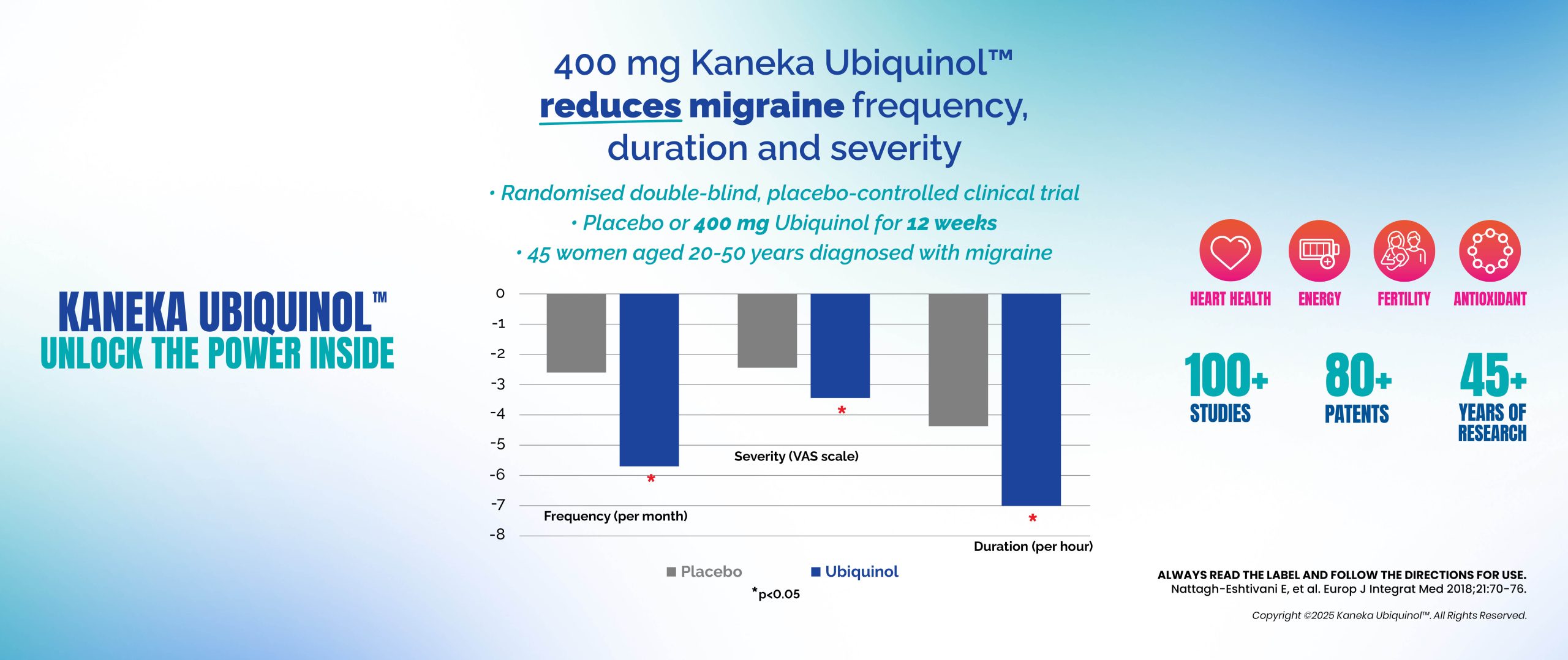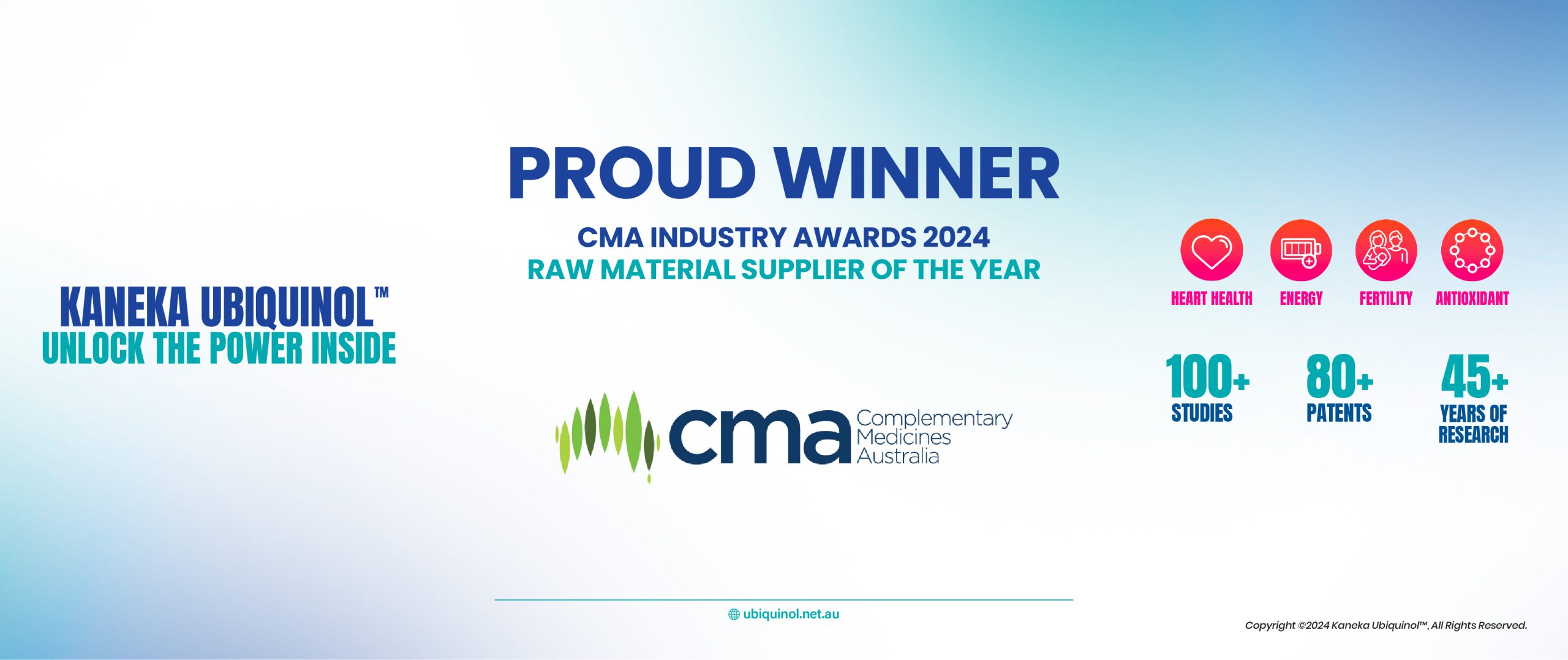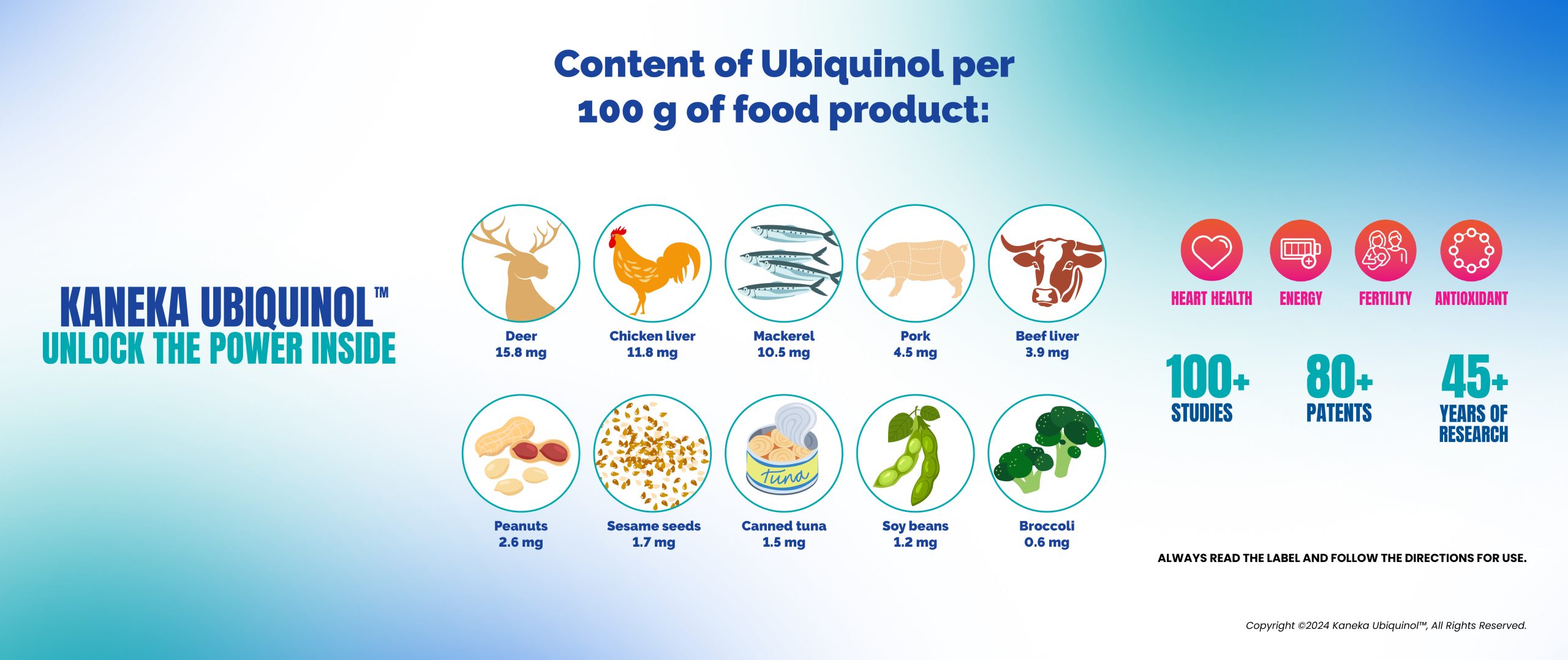
Five Things Every Man Should Know about Fertility
Aug 2021Recent Article
Male infertility is often overlooked. However, if you’re trying to have a baby now, or planning to have one in the future, it is important to understand the facts of male fertility and what can be done to improve your chances of conception. Here are 5 important facts you need to know:
Men’s fertility levels need to be assessed too
Currently, 1 in 6 Australian couples are experiencing infertility with 50% of its cause being attributed to male infertility and sperm factors [1]. Just as many infertility issues stem from men as they do women. It is equally important to perform a complete evaluation of the fertility potential of the male partner in the assessment of a couple who have failed to conceive. [2] Regular checkups can assist the male patient in early detection of potential fertility challenges that can be addressed.
Age
The age of the male partner has significant impacts on reproduction as it affects sperm quality. Around the age of 40-45 years, sperm quality decreases which can potentially reduce male fertility [3].
Lifestyle
There is a range of lifestyle factors that can have an impact on male fertility. Excessive consumption of alcohol, smoking tobacco and sleep deprivation can have impacts on the quality, mobility and motility of the male sperm [4]. A close evaluation of your current lifestyle choices may help improve your chances of natural conception.
Weight
As global obesity figures continue to rise, so is the increase in male infertility [5]. Whilst maintaining a healthy weight and BMI supports your overall health and wellness, it might also ensure your sperm production remains regular and within the normal range [6].
Supplementing
Studies have found that Ubiquinol (CoQ10) is not only present in high levels of sperm but can help improve sperm movement and count, protect sperm cells from oxidative damage and play a role in sperm energy production [7]. It could therefore be beneficial to include additional Ubiquinol supplementation to your daily routine while on your conception journey.
Seek advice from a healthcare practitioner to determine if supplementation is right for you. Always read the label.
[1] IVF Australia, What is infertility? (2021). Available at https://www.ivf.com.au/planning-for-pregnancy/what-is-infertility (Accessed: 21 June 2021).
[2] Katz, D., Teloken, P. & Shoshany, O. (2017) Male infertility – The other side of the equation. Australian Family Physician, 46, 641-646.
[3] Harris, I. D., Fronczak, C., Roth, L., & Meacham, R. B. (2011). Fertility and the aging male. Reviews in urology, 13(4), 184–190.
[4] Sharma, R., Harlev, A., Agarwal, A., Esteves, S.C., (2016) Cigarette Smoking and Semen Quality: A New Meta-analysis Examining the Effect of the 2010 World Health Organization Laboratory Methods for the Examination of Human Semen, European Urology, 70(4), 635-645.
[5] Liu, M. M., Liu, L., Chen, L., Yin, X. J.,…..& Yu, C. H. (2017). Sleep Deprivation and Late Bedtime Impair Sperm Health Through Increasing Antisperm Antibody Production: A Prospective Study of 981 Healthy Men. Medical science monitor : international medical journal of experimental and clinical research, 23, 1842–1848. https://doi.org/10.12659/msm.900101
[6] Sermondade, N., Faure, C., Fezeu, L., Lévy, R., Czernichow, S., Obesity-Fertility Collaborative Group AT (2012) Obesity and Increased Risk for Oligozoospermia and Azoospermia. Arch Intern Med.172(5), 440–442. doi:10.1001/archinternmed.2011.1382
[7] Thakur, A. S., Littarru, G. P., Funahashi, I., Painkara, U. S., Dange, N. S., & Chauhan, P. (2015). Effect of Ubiquinol Therapy on Sperm Parameters and Serum Testosterone Levels in Oligoasthenozoospermic Infertile Men. Journal of clinical and diagnostic research : JCDR, 9(9), BC01–BC3. https://doi.org/10.7860/JCDR/2015/13617.6424
You can share this by:
Keep up-to-date with Ubiquinol News
Ubiquinol Headlines

Ubiquinol: Supporting Migraine Relief Through Cellular Energy
Jan 2025Category: Antioxidants, complementary medicine, Energy, Fatigue, Health, Health Industry, healthy ageing, Kaneka, Mitochondrial health, Nutrition, Stress, Ubiquinol, Vitamins, wellnessRead More
Kaneka Ubiquinol™ at Functional Foods for Wellness Industry Awards and Summit, #FFWS2025
Jan 2025Category: Ageing, Antioxidants, Awards, cardiovascular health, Conference, Conferences, Energy, Fatigue, FFWS2025, Health, Health Industry, healthy ageing, Kaneka, Menopause, Mitochondrial health, Nutrition, Ubiquinol, VitaminsRead More
Kaneka Ubiquinol Wins Prestigious Complementary Medicines Raw Material Supplier of the Year Award 2024
Dec 2024Category: Ageing, Awards, cardiovascular health, complementary medicine, Conference, Conferences, Endurance, Energy, Fatigue, Fertility, Fitness, Health, Health Industry, healthy ageing, Heart, Immunity, In The News, Kaneka, Lungs, Memory, Mitochondrial health, Nutrition, Online, Stress, Ubiquinol, Vitamins, wellnessRead More
“Powering Performance and Longevity: Kaneka Ubiquinol™ at the CMA Annual Conference 2024”
Nov 2024Category: Ageing, Antioxidants, Awards, cardiovascular health, chronic fatigue syndrome, complementary medicine, Conference, Conferences, Endurance, Energy, Fatigue, Fertility, Fitness, Health, Health Industry, healthy ageing, Heart, In The News, Kaneka, Mitochondrial health, Online, Ubiquinol, VitaminsRead More
Natural Health Product Innovation Expo 2024
Nov 2024Category: Ageing, Antioxidants, cardiovascular health, Cholesterol, chronic fatigue syndrome, Conference, Conferences, Endurance, Energy, Fatigue, Fertility, Fitness, Health, Health Industry, healthy ageing, Heart, Kaneka, Menopause, Mitochondrial health, NHNZ, Nutrition, Stress, Ubiquinol, Vitamins, wellnessRead More
Ubiquinol: The Overlooked Nutrient for Vegans and Vegetarians
Oct 2024Category: Ageing, Antioxidants, Cholesterol, complementary medicine, Endurance, Energy, Fatigue, Fitness, Health, Health Industry, healthy ageing, Heart, Mitochondrial health, Nutrition, Stress, Ubiquinol, vitafoods, Vitamins, wellnessRead More
Investigating the Application of Ubiquinol in Mitochondrial Function
Oct 2024Category: Ageing, Antioxidants, cardiovascular health, Cholesterol, chronic fatigue syndrome, Endurance, Energy, Fatigue, Fertility, Fitness, Flu, Health, Health Industry, healthy ageing, Heart, Immunity, In The News, Kaneka, long covid, Lungs, Memory, Menopause, Mitochondrial health, myalgic encephalomyelitis, Nutrition, post pandemic, Stress, Ubiquinol, Vitamins, wellnessRead More


